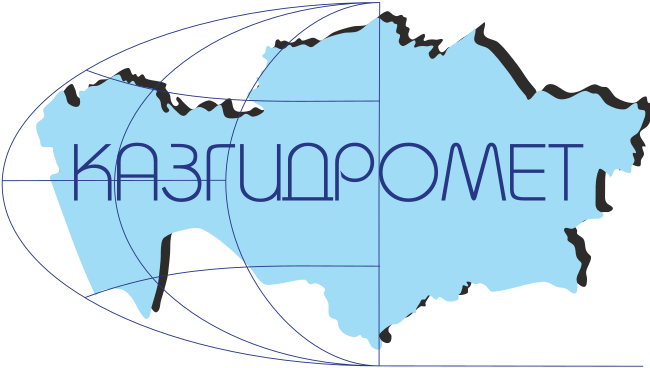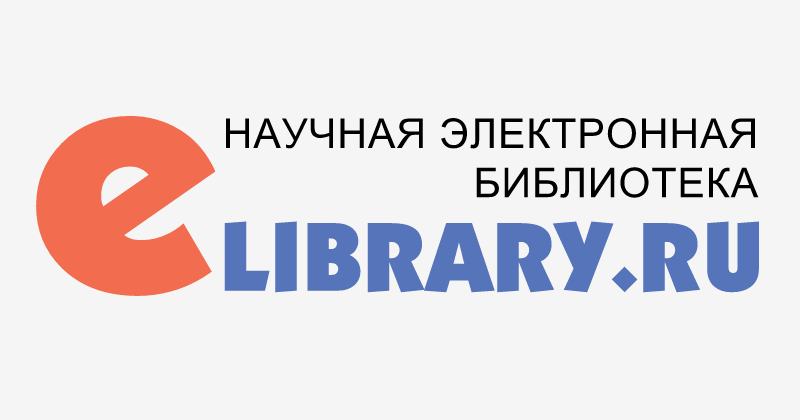Publishing Ethics
6.1. The journal, including the editorial board, based on the recommendations of the Committee on the Ethics of Scientific Publications (https://publicationethics.org/) and the Guidelines on the Ethics of Scientific Publications of Elsevier Publishing House (http://www.elsevier.com/editors/perk), and the recommendations of COPE, follows the following fundamental principles in its activities:
— When making a decision on publication, the editorial board of the Journal shall be guided by the scientific significance of the work under consideration, originality, reliability of the data presented in it, clarity and completeness of written expression;
— The Editorial Board evaluates the intellectual content of a manuscript without regard to the authors' race, gender, religious views, ancestry, citizenship, social status, or political preferences;
— Unpublished data, information, or ideas derived from manuscripts submitted for consideration will be kept confidential, not used for personal use, and not shared with third parties:
— Information that is plagiarized is not allowed to be published in the Journal;
— The Editorial Board shall take adequate action in the event of ethical complaints concerning manuscripts or published material reviewed by it.
6.2. The reviewer performing expert evaluation of author's materials shall be guided in his/her actions by the following principles:
— A manuscript received for review is treated as a confidential document that should not be shared for review or discussion with third parties not authorized by the editorial board.
— The evaluation of the material is unbiased. The review is an objective and reasoned evaluation of the presented research results, contains motivated critical comments on the level and clarity of the presented material, its compliance with the Journal profile, novelty and reliability of the results. Personal criticism of the author is unacceptable. Recommendations of reviewers are the basis for the final decision on the publication of the article.
— Unpublished data from manuscripts submitted for review are not used by the reviewer for personal use.
— A reviewer who, in his/her opinion, is not qualified to evaluate the manuscript or cannot be objective (conflict of interest with the author) is excluded from the review process of this manuscript at his/her request.
6.3. The author (or team of authors) is guided by the following principles when preparing and submitting a manuscript for publication:
— Has initial responsibility for the novelty and validity of the results of scientific research. Pledgedly erroneous or falsified statements are unacceptable.
— Guarantees the originality of the research results presented in the manuscript submitted for publication.
— The fragments or statements borrowed by the author are formalized with the obligatory indication of the author and the original source. Plagiarism in any form, including unformatted quotations, paraphrasing or appropriation of the results of other people's research is unacceptable.
— Co-authors of the article are persons who have made a significant contribution to the formation of the idea of the work, development, execution or interpretation of the presented research; it is inadmissible to list among the authors persons who did not participate in it. All authors approve the final version of the work and agree to submit it for publication, they are equally responsible for its content.
— The publication recognizes the contributions of all individuals who participated in or influenced the research. The authors cite references to publications that were relevant to the development and execution of the work presented. Data obtained privately are not used without written permission from the original source.
— Authors should declare the use of AI when submitting the article. The guidelines apply only to the writing process and not to the use of AI tools to analyze and derive results from data as part of the research process.
— Submission by authors of the same manuscript to more than one Journal at the same time, or an already published article, is a violation of ethical standards and provides grounds for withdrawal of the article from consideration.
— The discovery of a significant error or inaccuracy in an article made by the author, at the stage of its review or after its publication, shall be immediately brought to the attention of the Editorial Board of the Journal for elimination or correction of the error.
— Statements, opinions, and data in all publications are those of the author(s) alone and not those of the Journal of Hydrometeorology and Ecology and/or the Editor(s).





